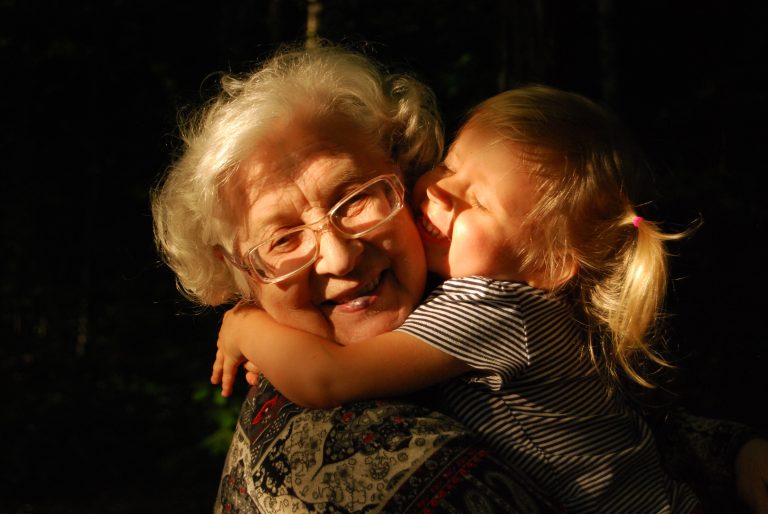It’s not that citizen’s assemblies aren’t a good idea, writes Fiona Armstrong, but turning to the community to establish whether climate change is happening is an abdication of government responsibility
The announcement on Friday by the Prime Minister that she will establish a citizen’s assembly to provide advice on climate change was both puzzling and intriguing.
It is not that citizen’s assemblies aren’t a good idea – it is an admirable goal to work with citizens in the development of public policy, and in many policy contexts the involvement of citizens is more than appropriate. Indeed, this is something I have been involved in advocating for in relation to health policy. I am fond of quoting the research on this topic which notes that “the legitimacy and sustainability of any public policy decision depends on the extent to which it reflects the underlying values of the public”. But is this what is being sought by Gillard? There is a very great need to engage the entire community on the issue of climate change but it is not at all clear that there are any plans to do so. Nor is it clear that the tasks being set for the citizen’s assembly are even remotely appropriate.
The notion of a citizen’s assembly being charged with the responsibility of deciding whether or not climate change is happening, and if it should be a national priority, is simply absurd. Shifting responsibility to a community assembly for these decisions is a wilful abdication of responsibility on the part of the government. We don’t set up a citizen’s assembly to help us decide whether to treat cancer or not, or to decide if cancer really exists.
Imagine if governments set up citizen’s assemblies to discuss how to respond during the plague in the 1300s or the Spanish flu pandemic earlier this century? They just got on with the task of leadership – developing regulations to limit people’s movements, fining non-compliers, trying to stop the spread of infection. To suggest that 150 concerned citizens are in a better position to provide advice on the science of climate change than thousands and thousands of learned and experienced and specialised scientists is completely ridiculous.
And in saying this, I am reminded of the Prime Minister’s assertion on the day she assumed the role that she “believes” in climate change. It’s just nonsense to say you “believe” in climate change. It’s like saying you “believe” in gravity. You don’t believe in it; you accept it. It’s a fact. Beliefs don’t make it occur, or go away, or have any bearing on the matter at all. To have our Prime Minister using that language is both dispiriting and alarming.
 More Than Luck is a collection of ideas for citizens who want real change edited by Mark Davis and CPD Executive Director Miriam Lyons. A to-do list for politicians looking to base public policies on the kind of future Australians really want, More Than Luck shows what’s needed to share this country’s good luck amongst all Australians – now and in the future. Click here to find out more. Like what you’ve read? Donate to help make good ideas matter.
More Than Luck is a collection of ideas for citizens who want real change edited by Mark Davis and CPD Executive Director Miriam Lyons. A to-do list for politicians looking to base public policies on the kind of future Australians really want, More Than Luck shows what’s needed to share this country’s good luck amongst all Australians – now and in the future. Click here to find out more. Like what you’ve read? Donate to help make good ideas matter.



